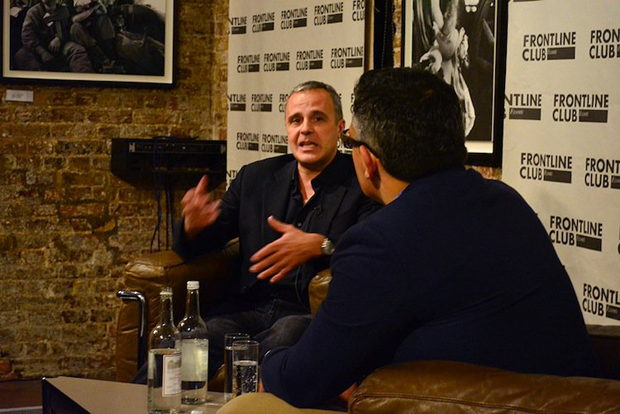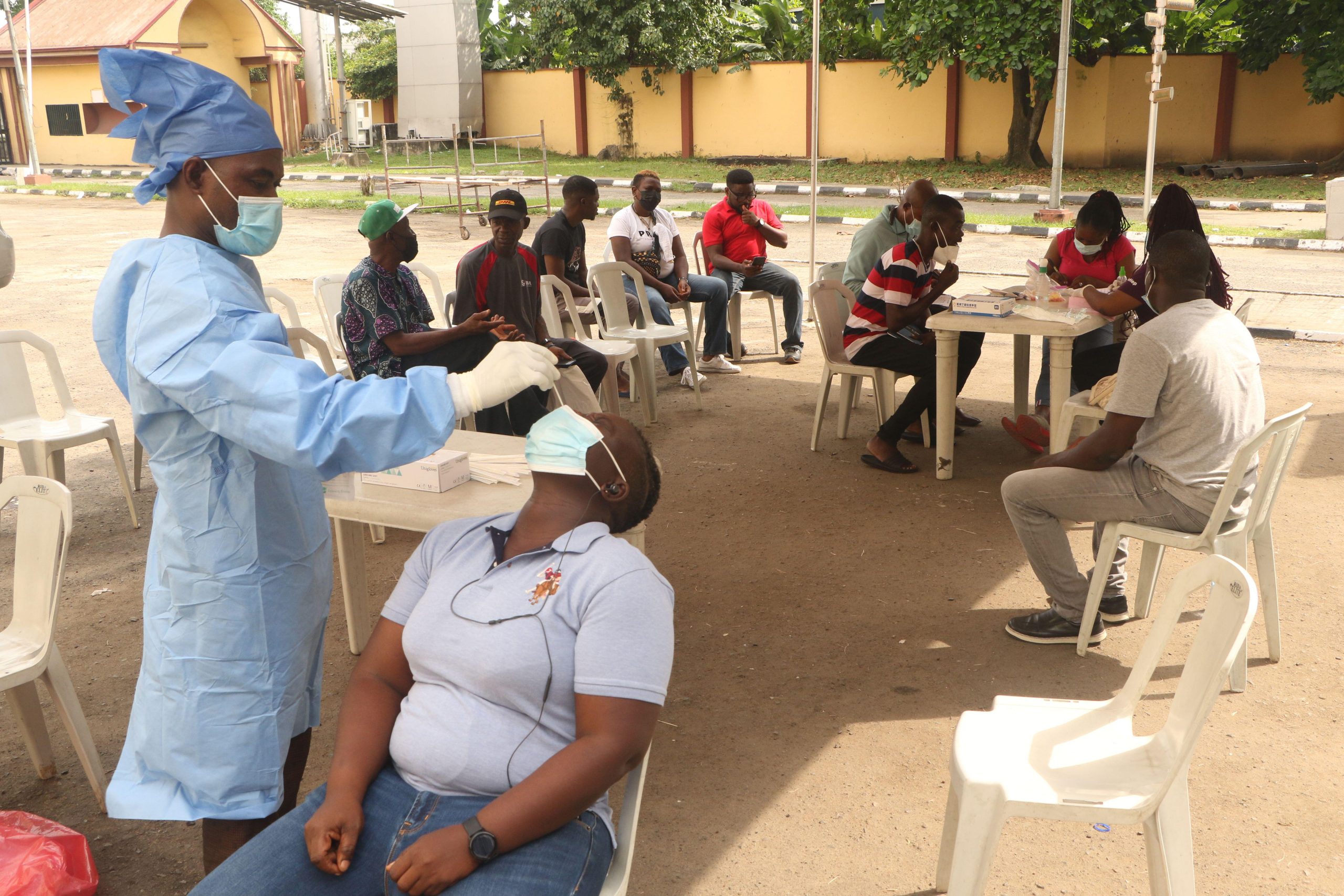
Rafal Rohozinski, co-founder of cyber-research thinktank SecDev Group (Photo: Frontline Club)
What is the future of journalism? The innovation report leaked from the New York Times this week highlights the need for change to keep up with fast-moving technology. How do news gatherers and publishers adapt to the volume of online content produced every day? In Syria, the combined duration of wartime YouTube footage now outweighs the realtime number of hours since the conflict began. Rafal Rohozinski, co-founder of cyber-research thinktank SecDev Group, spoke at London’s Frontline Club on Tuesday about redefining news. Here we round-up five of his key points – affecting everyone from readers to citizen journalists to the world’s biggest media organisations.
“Verification is key”
The Boston bombings were one of the most tweeted about events in history, generating seven million tweets – yet 60% were deemed to include false information. We are now swamped with data, but the successful operators will be the ones that know how to interpret it and validate it. “The expert isn’t the algorithm; it’s the human being in the loop,” says Rohozinski. We will see the rise of the “virtual bureau” – which tap into streams of knowledge coming up from the ground, but will be manned by “super journalists”, who understand the local language, politics, way of life etc. These well-trained individuals are able to work their way around both the data and the subject.
“Focus on one platform at your own peril”
Technology is fickle; it will change. “Imagine,” says Rohozinski, “if the BBC had focused only on MySpace.” Twitter is not the one and only route to the truth. Firstly, because it has a bias towards a particular type of user; secondly, because local platforms can often offer as much – or potentially even more – insight. Weibo in China is one example, but little-known localised platforms also exist in Kazakhstan, Tajikistan … Why are they popular? Because they are more accessible (having been developed for a specific group in their native language) and they are often linked to local telecommunications companies, so they are less expensive to access on mobiles. The internet of the future will cut across more platforms and try to link them.
“Syria is the first war being fought in the full glare of cyberspace”
At start of the Syrian war, there were 14 million mobile-phone users (in a population of 20 million). As people have fled, the number of in-country mobile-phone users has grown; there are now 500,000 more. This has done a great deal to empower citizens, but data can also be manipulated. Thousands of seemingly genuine pro-Assad posts – apparently backed up with pictures of houses and children – turned out to be entirely artificial when analysed by an algorithm. It was more subtle than propaganda; it was created to imply an act of discourse among a community. Twitter didn’t pick up that; field reports wouldn’t pick up on that.
“The social contracts that were formed over decades are now completely up in the air.”
News agencies and intelligence agencies are facing the same problems. Both are trying to answer questions that ultimately depend on people. Both are dependent on cyberspace. Do we use metadata? How much do we reveal? How much do we collect? The Snowden revelations have brought a lot of this to light. Biometric data collection is forcing change in social contracts between individuals and state. The rules are grey and undefined. In Syria, doctors are being arrested, because their phones contain details of gun-shot victims. Journalists and intelligence agencies need to look to new ways to protect their sources.
“Facebook and Google have big ambitions, but they are necessarily realities.”
Although Facebook and Google have been buying drone companies to further their reach, Rohozinski predicts complications: “Ultimately, the internet is based on a physical infrastructure of connectivity. When Facebook says they will use their own fibre optic cables so they aren’t subject to control, they are kind of wrong because at some stage the government will step in and say, ‘You are now a telecommunications company, regulation applies.’ Ambitions for becoming common carriers with a physical embodiment, as opposed to simply a virtual overlay, means they will be subject to much more regulation than they have been in the past.”
Rafal Rohozinski co-developed Psiphon, a software application that allows people in closed societies to access censored information. He has worked across the world, including in the former Soviet Union, the Middle East and Africa.
The next issue of Index On Censorship magazine – out in early June – explores citizen journalism and data-tracking in Syria. Subscribe from just £18 per year and find out about hard-hitting journalism under fire around the world.












